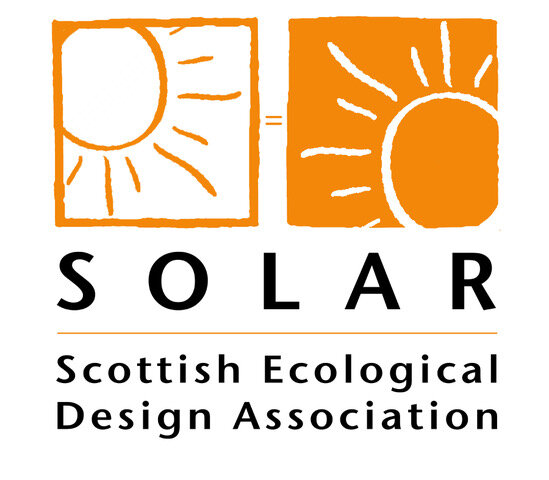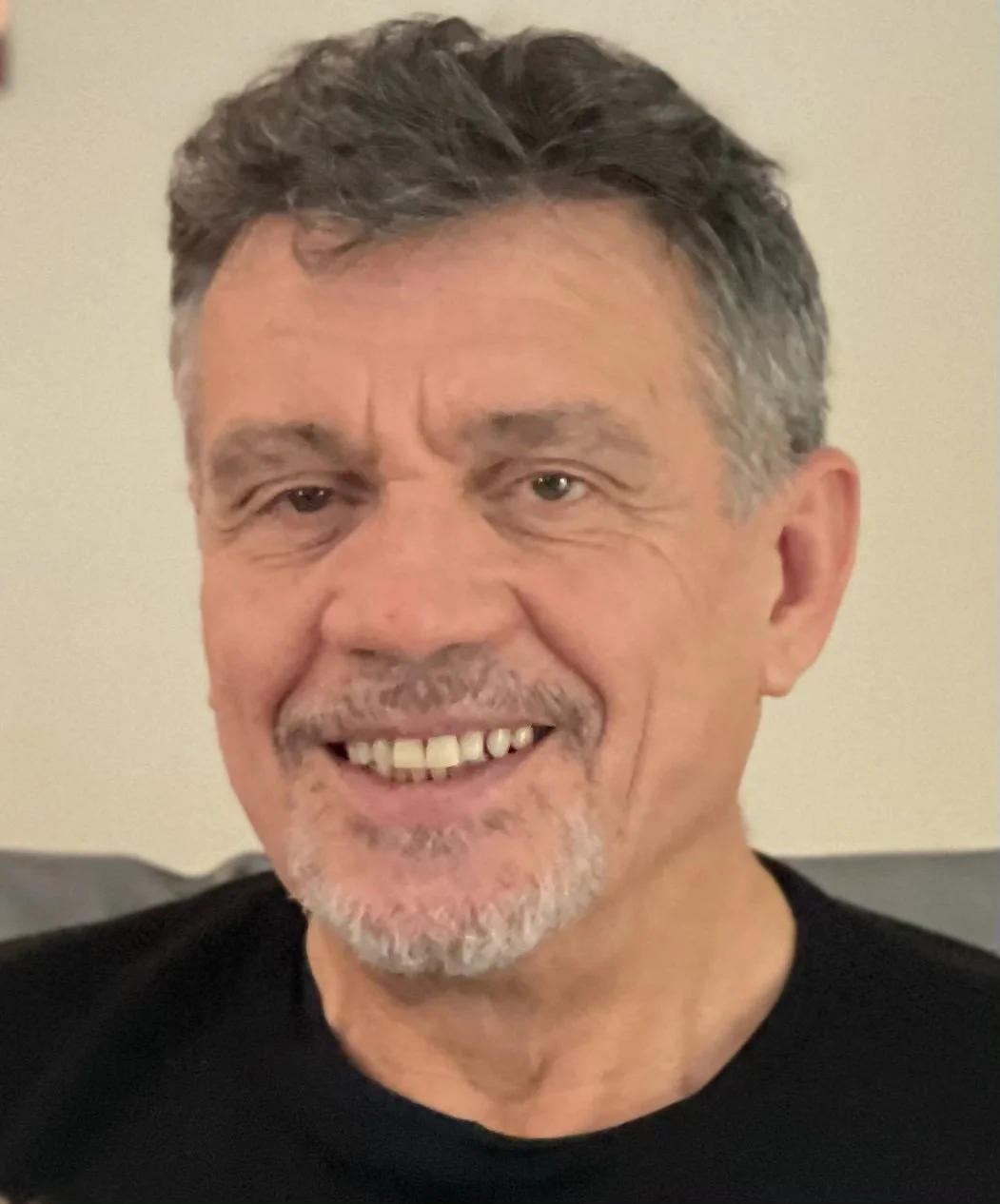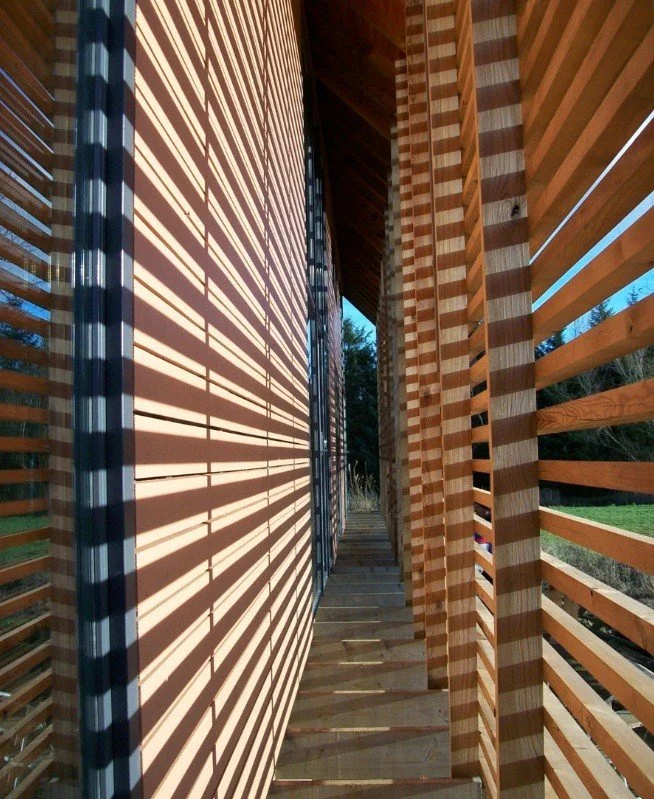PAST EVENT
Sustainable Architecture:
The Sufficiency Imperative
16 April 2024 (TUE)
5:30-7:00pm
Venue: Online
Ticket Price: £6 – Non-member | £3 – Member/Student/Concession
Sustainable architecture has been focused, over these last 40 years, on performance and efficiency: Architects aim to deliver a recognizable product, albeit with a more efficient mode of operation. A sustainable building performs better, marginally or only under optimal conditions. Yet, carbon emissions continue to rise. Sustainable architecture based on efficiency measures and metrics has not worked.
The challenge to architecture is to move away from efficiency towards sufficiency, which consumes less energy and resources in absolute terms. In this lecture, Professor Daniel Barber will share his deep insight on historical precedents to sufficiency issues in architecture, as opposed to the efficiency imperative of sustainability.
The session will be moderated by Prof Colin Porteous.
About the Speaker:
Professor Daniel Barber is the Head of School, School of Architecture, University of Technology, Sydney. He is a historian and theorist focused on environmental dimensions of architecture's past, present, and future. He is the recipient of a 2022-2023 Guggenheim Fellowship, and is part of the British Academy Global Convening Grant on the Just Transitions.
He has authored two significant books: 'Modern Architecture and Climate: Design before Air Conditioning' (Princeton University Press 2020) and 'A House in the Sun: Modern Architecture and Solar Energy in the Cold War' (Oxford University Press 2016). These represent an essential part of the flowering of 20th Century environmental architecture history, as evaluated during the last decade.
About the Moderator:
Prof. Colin Porteous, ARIAS, FHEA, FRSA, OBE, is an architect and researcher whose interest extends to energy-efficient design moved from practice to in-depth research. In 1981, he became active in the international solar community and then a full-time academic in 1986 after leading a community technical aid centre.
He linked problems of fuel poverty to passive solar solutions via EU-funded Easthall Demonstration Project in early 1990s. Prof. Porteous initiated the Mackintosh Environmental Architecture Research Unit (MEARU) in 1993. He is the author of numerous books including THE NEW eco-ARCHITECTURE, (2002), Solar Architecture in Cool Climates (2005), Sensing a Historic Low-CO2 Future (2011), Precendented Environmental Futures (2019).










